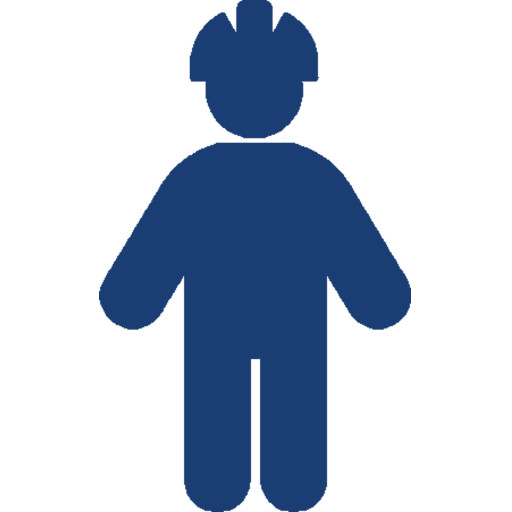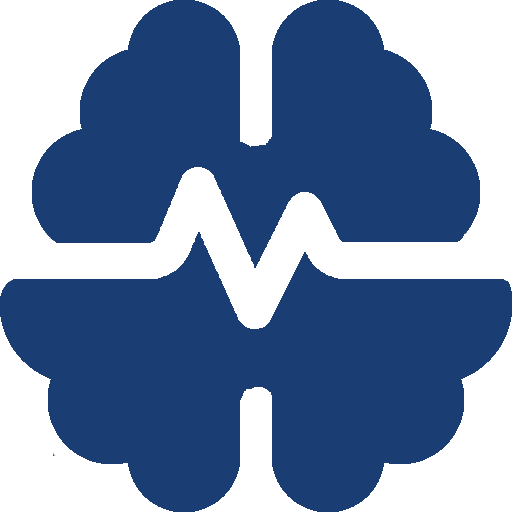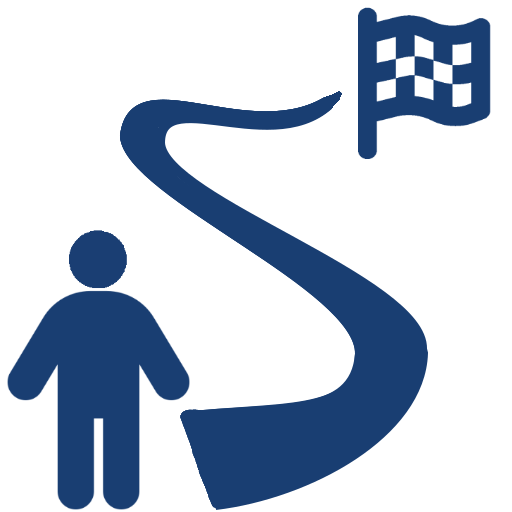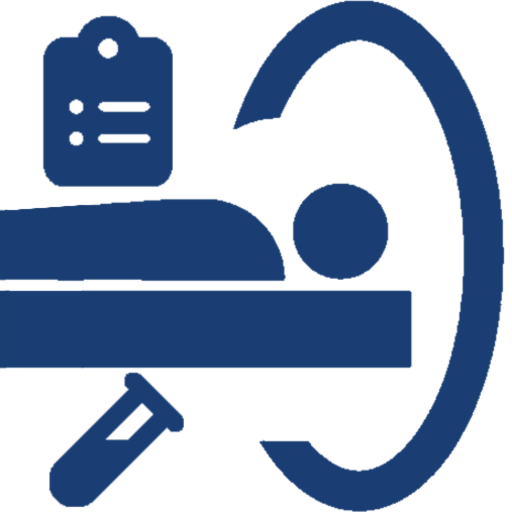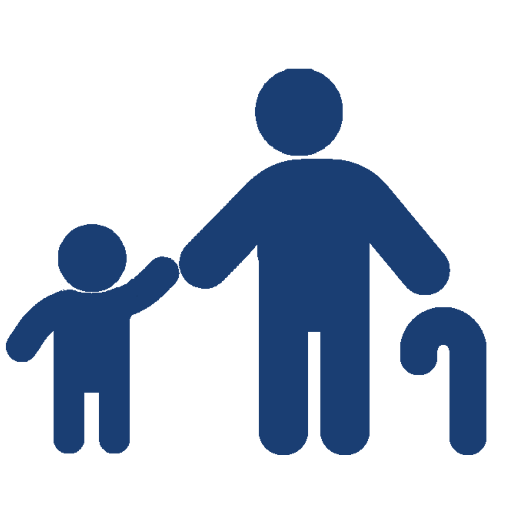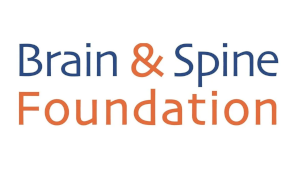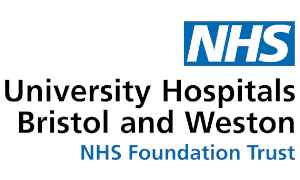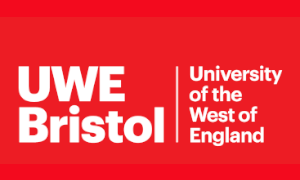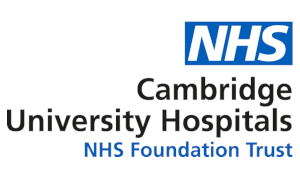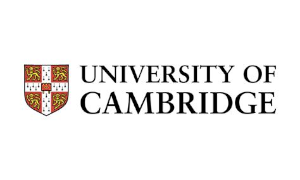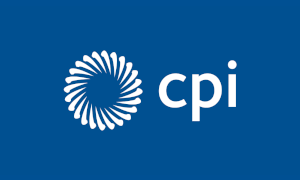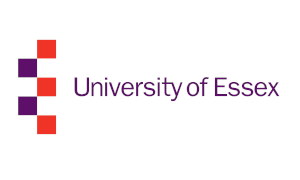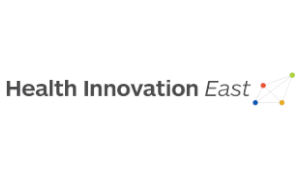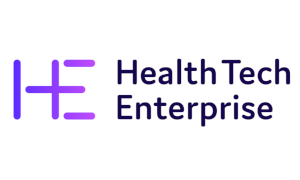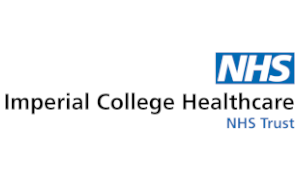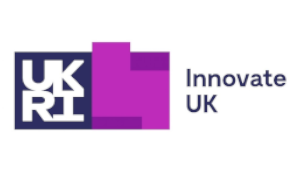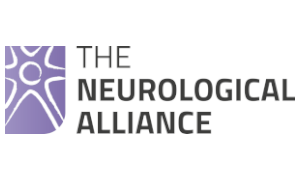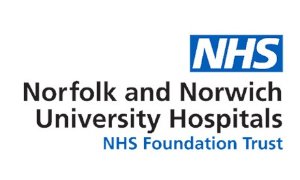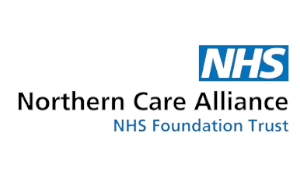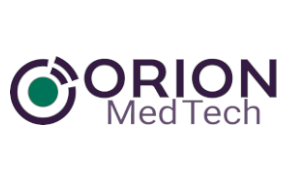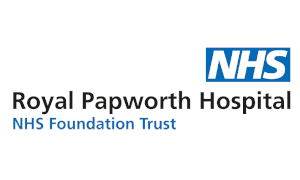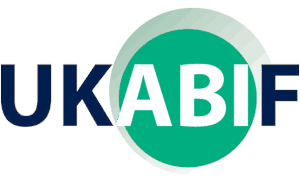Our aims
Conditions affecting the brain and spine affect large numbers of people. These injuries often have a significant impact on their quality of life.
We aim to support solutions that improve the quality of life of those affected and make these technologies accessible across the NHS.
We will:
- Identify which solutions will address unmet needs in the care pathway.
- Evaluate the effectiveness of the solutions with experts and communities.
- Implement evaluated solutions into the care pathway.
To ensure the relevance of our work, we will involve patients and the public at every step.
Our aims
Conditions affecting the brain and spine affect large numbers of people. These injuries often have a significant impact on their quality of life. We aim to support solutions that improve the quality of life of those affected and make these technologies accessible across the NHS.
To ensure the best solutions are implemented, the selection process is carried out in 3 stages:
- Identify which solutions will address unmet needs in the care pathway.
- Evaluate the effectiveness of the solutions with experts and communities.
- Support the implementation of evaluated solutions into the care pathway.
To ensure the relevance of our work, we will involve patients and the public at every step.
Our themes
To ensure we cover each stage of the brain injury pathway, we focus on 5 themes. Each theme is headed by world-leading experts, supported by other key researchers within our network.
To see more detail about each theme, click the buttons below.
About us
Core team
Core team

Professor Peter Hutchinson
Director
Professor Peter Hutchinson is a Professor of Neurosurgery and Head of Academic Neurosurgery at the University of Cambridge. He is an Honorary Consultant Neurosurgeon at Addenbrooke’s Hospital with a sub-specialist interest in neuro-trauma, specifically traumatic brain injury. He has a research interest in brain injury, utilising monitoring technology to increase our understanding of the pathophysiology, and the investigation and treatment of concussion. He leads the international RESCUE studies evaluating the role of decompressive craniectomy. In 2015, he was awarded the Herbert Olivecrona award.
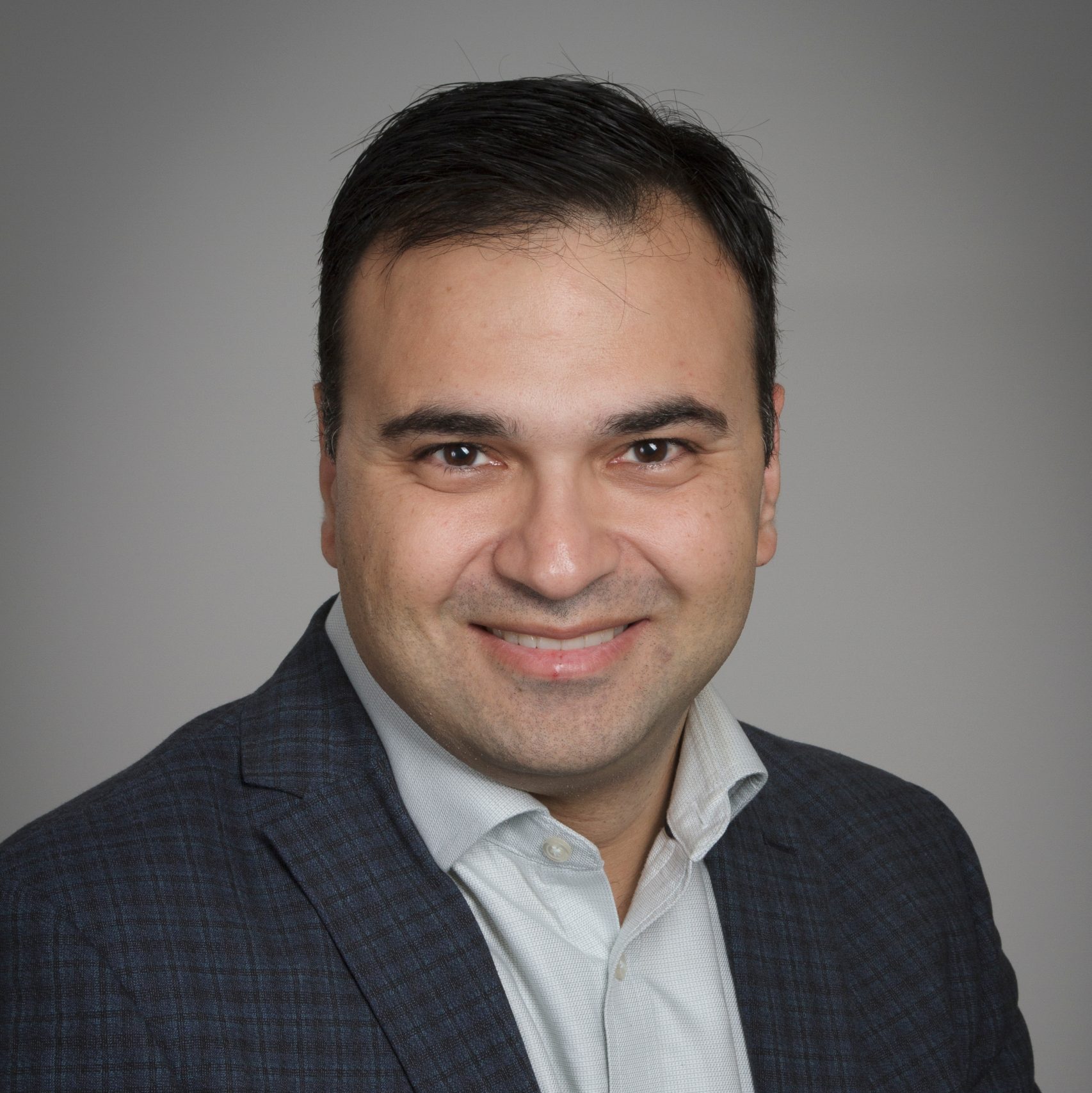
Dr Alexis Joannides
Co-Director
Dr Alexis Joannides is an Honorary Consultant Neurosurgeon at Addenbrookes specialising in neuro-oncology and CSF disorders. He is the Head of Bioinformatics for Cambridge University Hospitals Trust and Director of Clinical Medicine at Corpus Christi College, Cambridge. Through his research, he has supported the development of new devices and technologies for improving patients’ quality-of-life following brain injury. His brain care transformation work includes clinically leading programmes REVERT, RAPID, DAMSEL and IRMA.

Mita Brahmbhatt
Center Manager
Since 2007, Mita has been working in healthcare to influence health and wellbeing services. She has worked professionally with the World Health Organisation, the Department of Health, NHS authorities and strategic initiatives, and volunteers with Freemind. Since 2013, Mita has led the establishment of NIHR healthcare innovation centres, currently focusing on the NIHR HealthTech Research Centre in Brain Injury.

James Piercy
PPIE Lead
James is a brain injury survivor and experienced public engagement and involvement professional. He is an honorary lecturer at the University of East Anglia and trustee of the United Kingdom Acquired Brain Injury Forum. James is passionate about the role of lived experience in improving outcomes for others.

Isabel Stewart
Center Coordinator
Since working in healthcare, Isabel has found a passion for improving wellbeing services through supporting innovation. She has volunteered with a national charity which improves the experiences provided to young people. She has filled a variety of roles on different committees and helped organize local and national events.
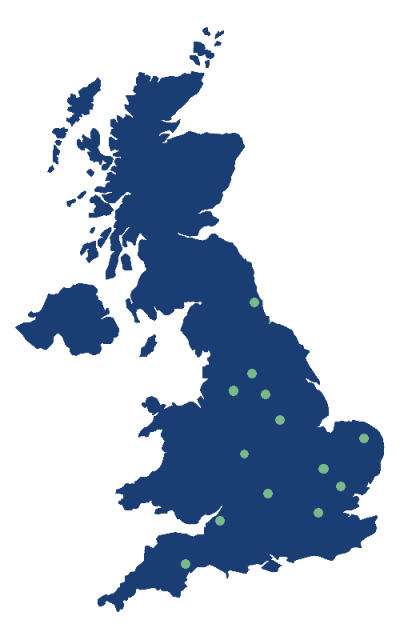
The HRC network
HealthTech Research Centres (HRCs) are centres of expertise which drive life-changing research into health technologies.
The HRC Network supports the 14 HRCs to facilitate collaboration and bring together patients, clinicians, researchers, commissioners and industry. The NIHR has awarded £42 million over five years to the 14 HRCs across England.
Each centre has a different focus. Ours is brain injuries. We also look at the impact spinal injuries can have on neurological function and other neurological disorders caused by injuries to the nervous system.
Since 2012, we have built a network across the UK and supported international innovators to integrate their medical technologies into the UK.
Our established network of expertise seeks to develop medical technologies to improve outcomes for people with brain and spinal injuries. We believe the best way to do this is to facilitate collaboration with patients, carers, NHS trusts, charities, universities, inventors, SMEs, and medical technology companies.
Hover over the map to see who is who.
We are part of a broader network of NIHR infrastructure. For more information on how to access other support networks within the NIHR, click here.
The HRC network
HealthTech Research Centres (HRCs) are centres of expertise which drive life-changing research into health technologies.
The HRC Network supports the 14 HRCs to facilitate collaboration and bring together patients, clinicians, researchers, commissioners and industry. The NIHR has awarded £42 million over five years to the 14 HRCs across England.
Each centre has a different focus. Ours is brain injuries. We also look at the impact spinal injuries can have on neurological function and other neurological disorders caused by injuries to the nervous system.
Since 2012, we have built a network across the UK and supported international innovators to integrate their medical technologies into the UK.
Our established network of expertise seeks to develop medical technologies to improve outcomes for people with brain and spinal injuries. We believe the best way to do this is to facilitate collaboration with patients, carers, NHS trusts, charities, universities, inventors, SMEs, and medical technology companies.

Tap the dots to see who is who.
We are part of a broader network of NIHR infrastructure. For more information on how to access other support networks within the NIHR, click here.



